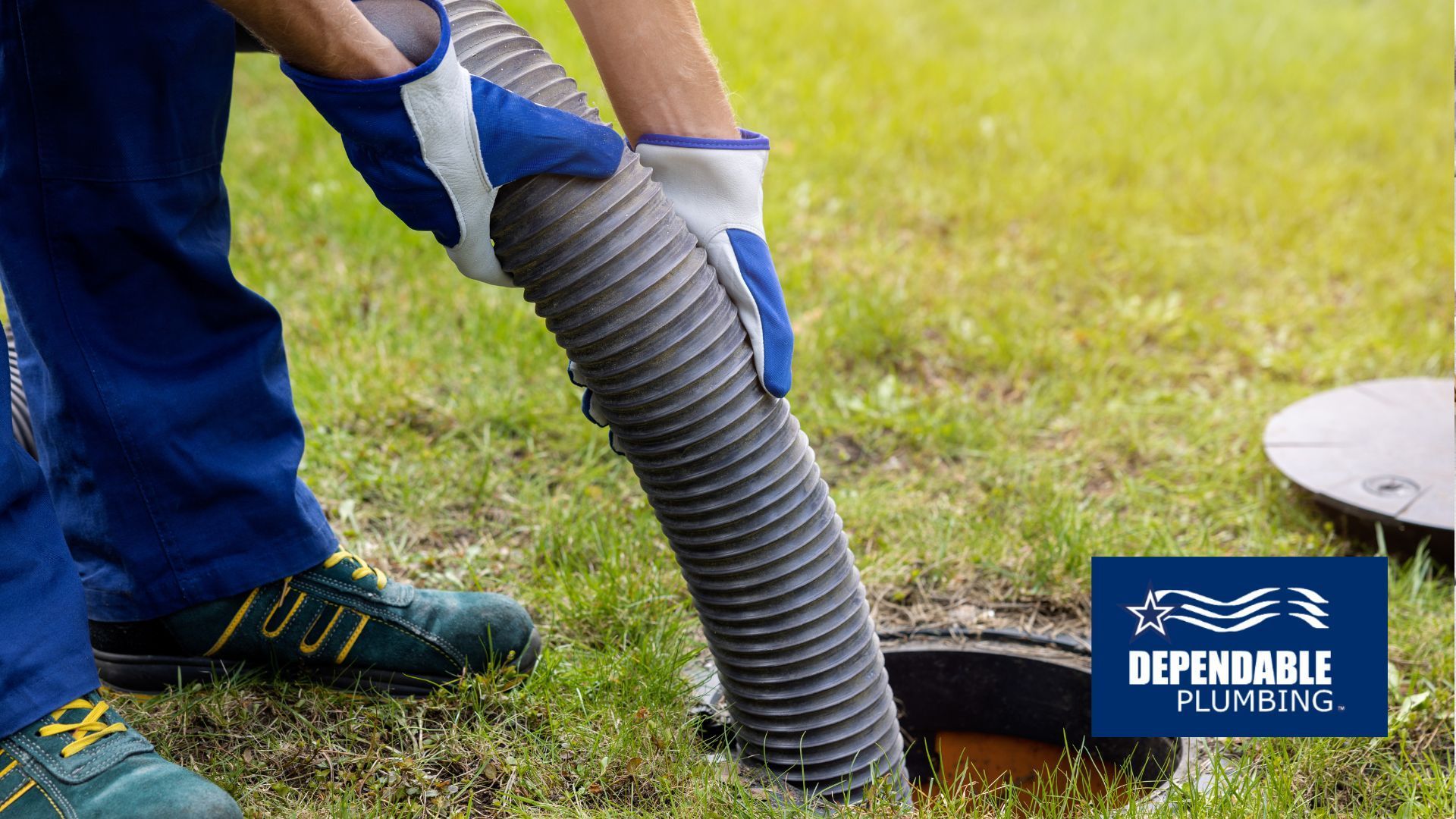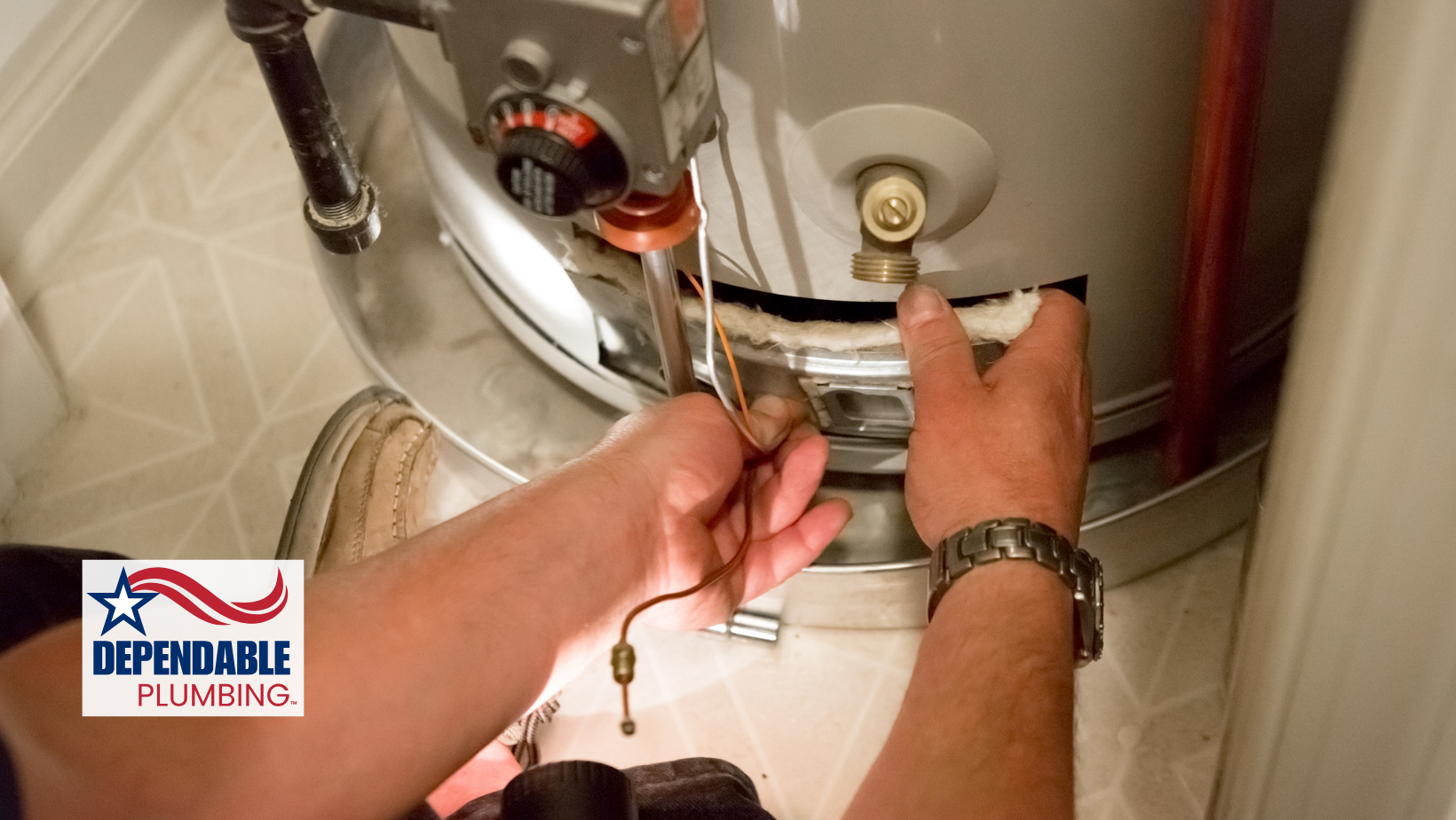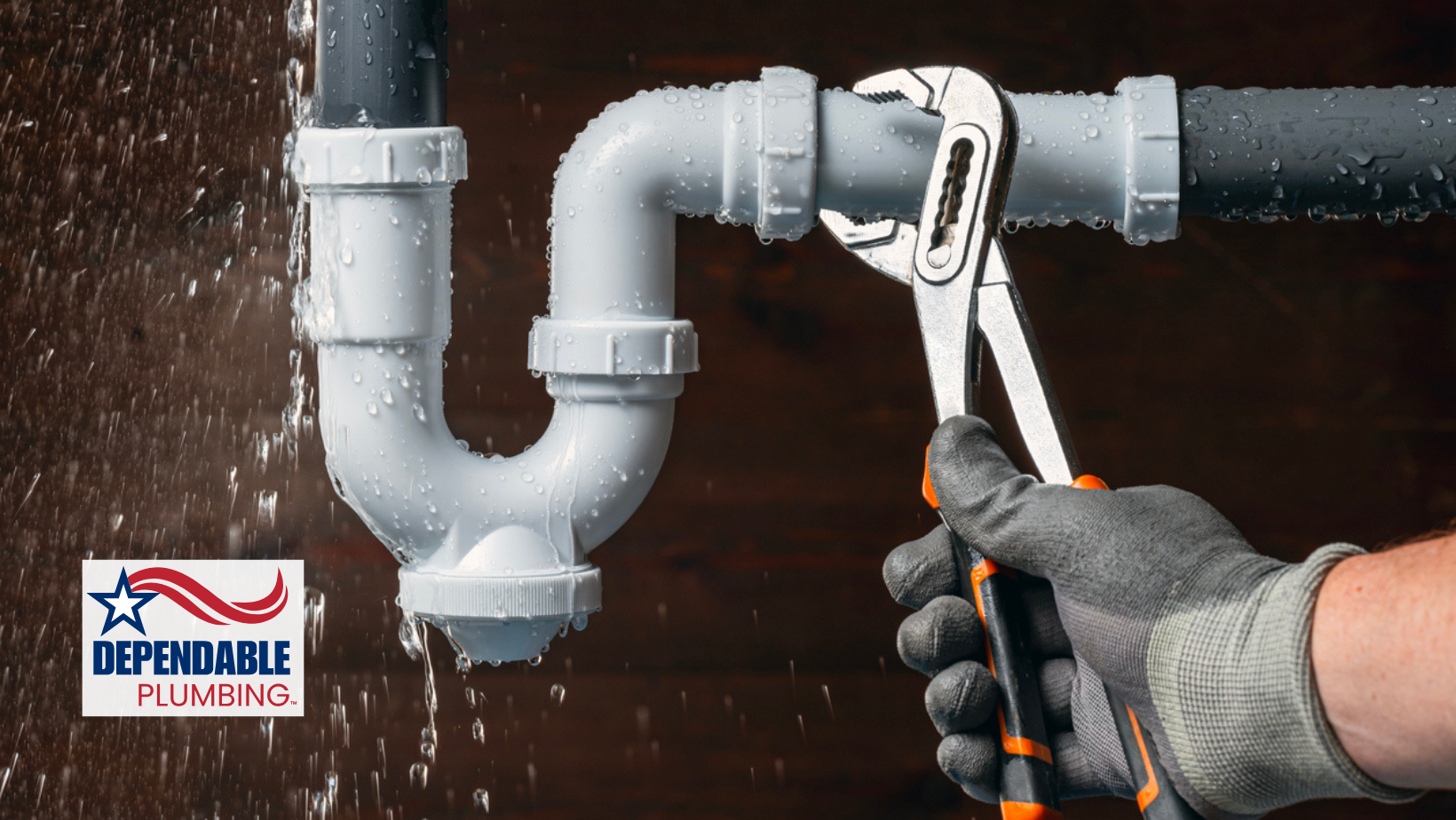Maintaining a healthy septic tank is essential for the proper functioning of your home's wastewater treatment system.
Neglecting septic tank maintenance can lead to costly repairs, backups, and environmental contamination. In this comprehensive guide, North Georgia's premier plumbers share expert advice on septic tank maintenance, helping homeowners ensure the longevity and efficiency of their septic systems.
Understanding Your Septic System
Before delving into maintenance tips, it's crucial to understand how a septic system works. A typical septic system consists of three main components:
- Septic Tank: This underground tank collects and holds wastewater from your home. Solid waste settles at the bottom of the tank, while lighter materials, such as grease and oil, float to the top. Bacteria inside the tank break down organic matter.
- Distribution Box: The distribution box distributes treated wastewater from the septic tank to the drain field or leach field.
- Drain Field: Also known as the leach field, this area consists of perforated pipes buried in gravel-filled trenches. Wastewater from the septic tank flows into the drain field, where it is further treated by soil bacteria and filtration.
Signs of Septic Tank Problems
Recognizing the signs of septic tank problems early can prevent major issues down the line. Look out for the following indicators that your septic system may need attention:
- Foul Odors: Strong sewage odors inside or around your home could indicate a septic tank leak or backup.
- Slow Drains: If multiple drains in your home are slow to empty or gurgle when flushed, it could signal a clog or septic tank issue.
- Pooling Water: Standing water or soggy areas in your yard near the septic tank or drain field may indicate a problem with the system.
- Lush Grass: While it may seem counterintuitive, unusually lush or green grass over the drain field could indicate a leak, as the excess wastewater acts as fertilizer.
- High Nitrate Levels: Testing your well water for high nitrate levels can indicate contamination from a malfunctioning septic system.
Septic Tank Maintenance Tips
Proper maintenance is key to preventing septic tank problems and prolonging the life of your system. Follow these expert tips from North Georgia's premier plumbers:
- Regular Pumping: Have your septic tank pumped every 3 to 5 years, or as recommended by a professional. Pumping removes accumulated solids and prevents them from clogging the system.
- Water Conservation: Be mindful of water usage to avoid overwhelming your septic system. Repair leaks promptly and consider installing low-flow fixtures and appliances.
- Avoid Flushing Harmful Substances: Never flush non-biodegradable items, such as wipes, feminine hygiene products, or grease, as they can clog the system and disrupt bacterial balance.
- Use Septic-Safe Products: Choose household cleaning products, detergents, and toilet paper labeled as septic-safe to minimize the impact on your septic system.
- Protect the Drain Field: Avoid parking vehicles or planting trees and shrubs over the drain field, as they can compact the soil and damage the pipes.
- Schedule Inspections: Have your septic system inspected regularly by a licensed plumber to catch potential issues before they escalate.
DIY Septic Tank Maintenance
While some maintenance tasks require professional assistance, there are steps homeowners can take to maintain their septic systems between professional visits:
- Monitor Water Usage: Keep track of your water usage and spread out laundry and dishwashing throughout the week to avoid overloading the system.
- Maintain Grass Cover: Maintain healthy grass cover over the drain field to prevent soil erosion and promote natural filtration.
- Inspect for Signs of Trouble: Periodically inspect the area around the septic tank and drain field for signs of leaks, odors, or standing water.
Common Septic Tank Problems and Solutions
Despite regular maintenance, septic systems may encounter issues over time. Here are some common problems and their solutions:
- Clogs: Address clogs promptly by plunging toilets, using enzyme-based cleaners, or calling a professional for assistance.
- Tree Root Intrusion: If tree roots infiltrate the pipes, they may need to be mechanically removed or treated with root killer.
- Broken Pipes: Broken or damaged pipes may require excavation and repair by a licensed plumber.
Proper septic tank maintenance is essential for the health and functionality of your home's wastewater treatment system. By understanding how your septic system works, recognizing signs of trouble, and following expert maintenance tips, you can avoid costly repairs and ensure the longevity of your septic tank. Trust the expertise of North Georgia's premier plumbers for all your septic system maintenance needs.





